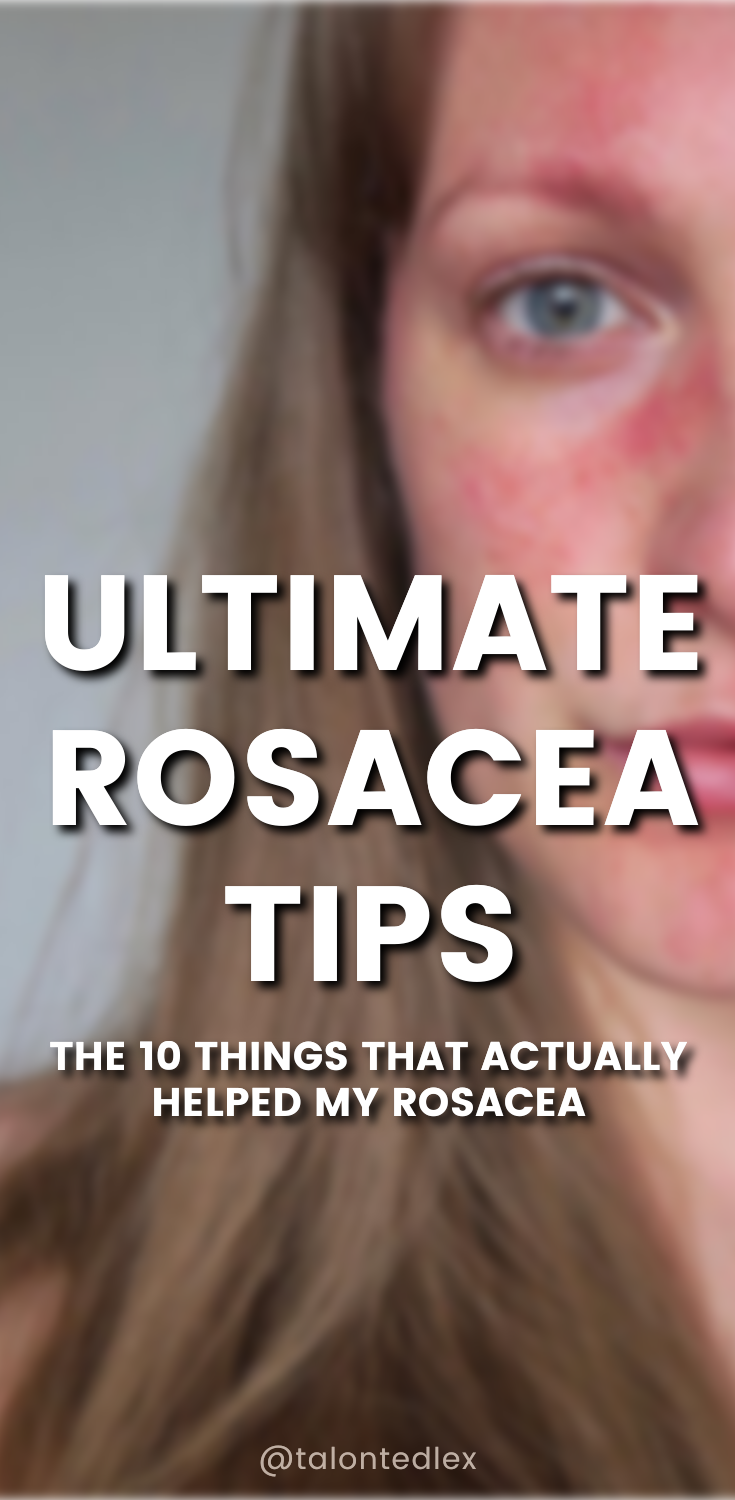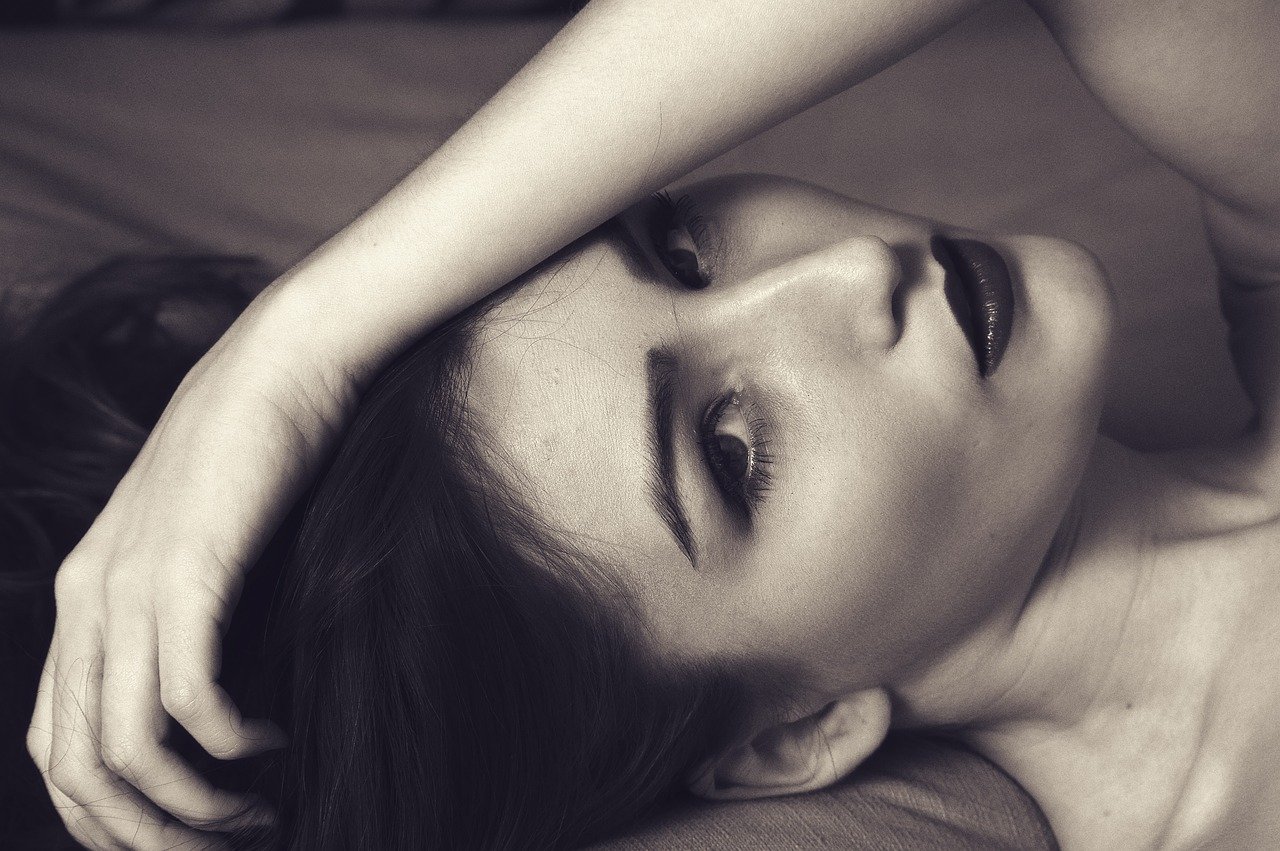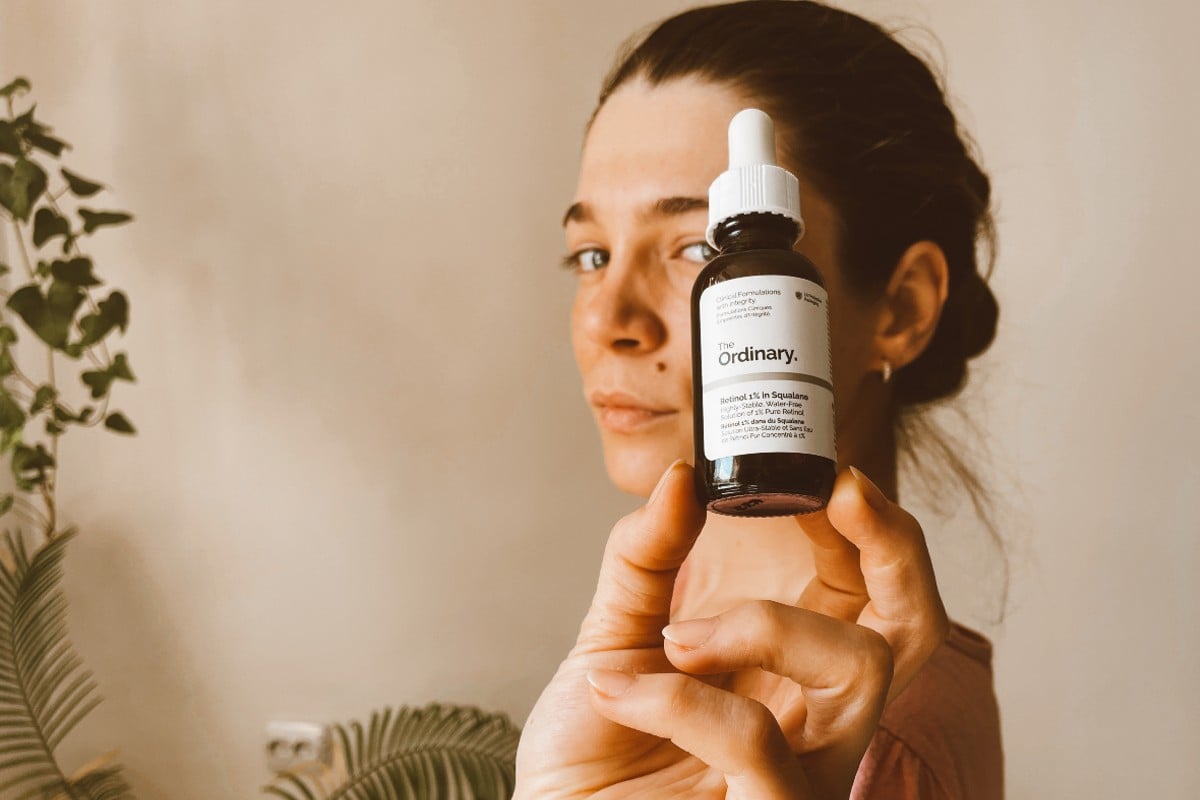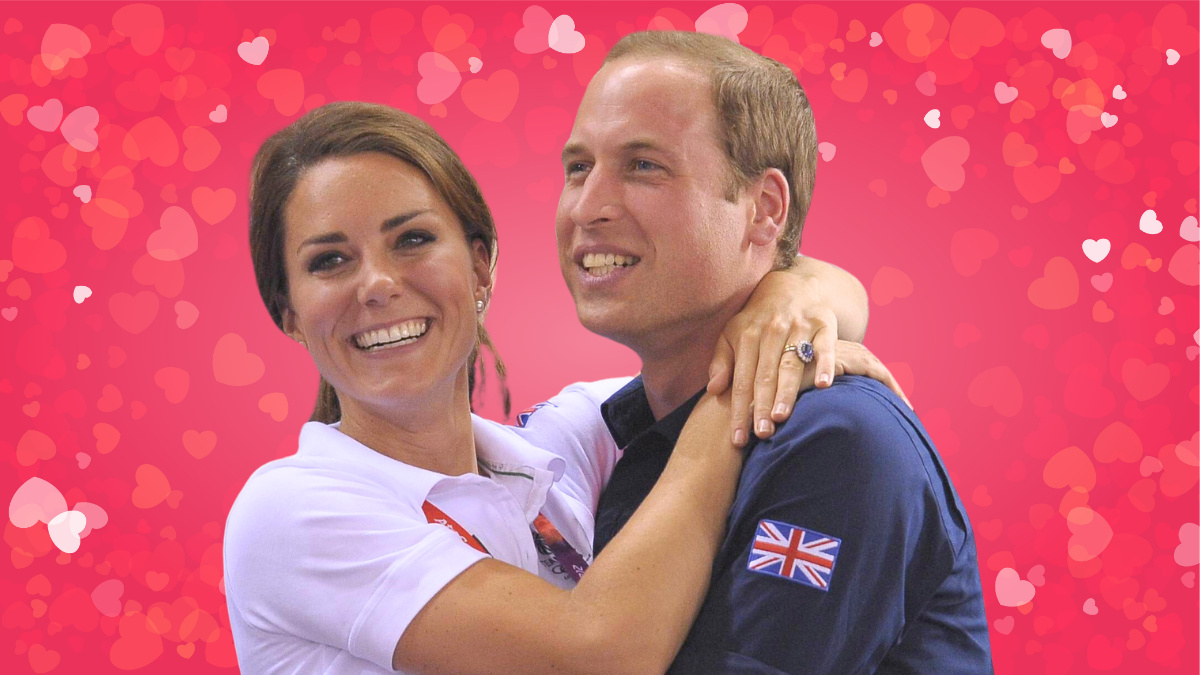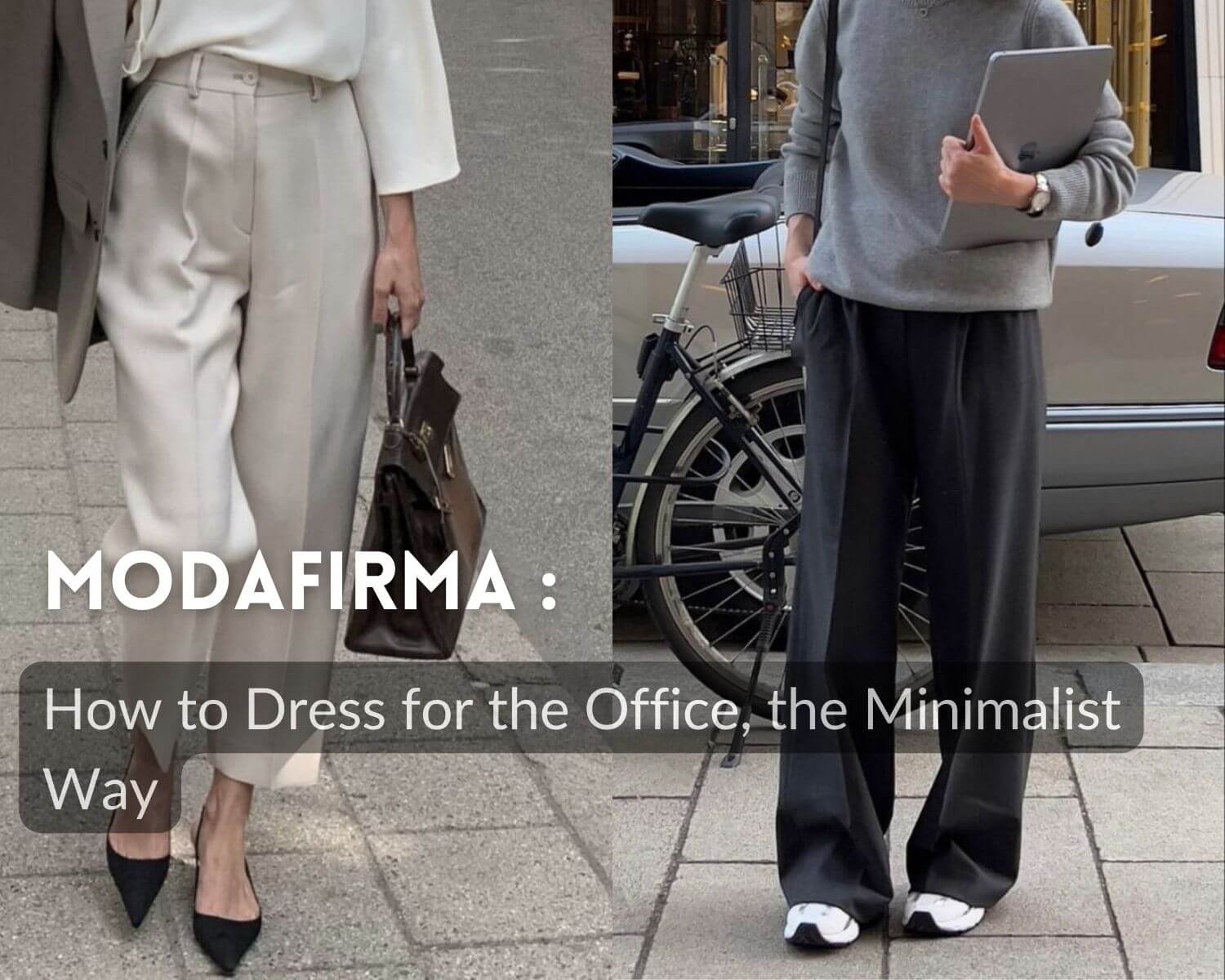Table of Contents
At least once a week I’m asked for ‘the one thing that helped my rosacea’. I understand the impulse: everyone wants something immediate, something tangible, something simple that they can do to make a huge impact. But every time, I have to tell them the very boring and probably frustrating answer: there wasn’t one single thing. But that doesn’t mean that there’s no hope.

I wanted to summarise the things I did – and continue to do – that changed my rosacea. Some are fairly simple and easy things that won’t require much effort or cost. Some are a little more time intensive and will require some trial and error. I urge you to try all of them if you can, as well as reading the linked further reading I’ve included throughout. I know it’s tempting to start with the easy ones and then skip the ones that seem like hard work, but it was a combination of all of the below that really made a difference for me.
So let’s get to it: the 10 rosacea tips that helped my skin the most.
- Acceptance.
- Triggers
- Bucket theory
- Skincare
- Sunscreen
- Diet
- Stress
- Medication
- Community
- Daily maintenance
This is going to be a long blog post, so strap in. Also, a small note to remind you that access to the 10 years of content here will always be free, but if you find this post useful and wanted to say thank you, there is a button at the bottom of the post where you can buy me a virtual coffee or slice of cake. I really appreciate your support.
Find Your Rosacea Triggers
This is a big topic and I’ll skim over the main points here but if you want the details please go and read THIS POST where I share lots of tips and information that will help (there’s also a free download to help you with your personal triggers). Some things to remember about triggers:
- Rosacea is a chronic condition but it has peaks and troughs. These are mainly related to triggers. Your rosacea itself could’ve developed because of one particular trigger (e.g. hormones: puberty, menopause, pregnancy).
- Everyone’s triggers are different although there are some very common ones, which are a good place to start if you’re trying to limit your exposure to things that upset your skin.
- Finding your triggers takes time and patience, which many people don’t want to hear but it’s true. It’s a commitment but one that will really help guide you in your decisions going forward. As I keep saying, rosacea is a lifelong condition so it’s best to see trigger identification as the groundwork for helping your rosacea, creating a really strong foundation from which everything else can build.
- Just because something is a trigger, it doesn’t mean you have to banish it from your life. It’s all about balance and your happiness. Just as each person’s triggers are different, their lives are different. Only you can decide what is reasonable, realistic, and acceptable for you.
Consider The Bucket Theory
My BLOG POST about the bucket theory is one of my most popular ever as it has helped so many people understand why their rosacea seems to change monthly, weekly, sometimes daily. That apparent lack of control can be really difficult to deal with for many people, so I find that – once you’ve found your triggers – implementing the bucket theory can be really transformative.
- The basic premise is that your rosacea is like a bucket, and each trigger can add a drop of liquid, or a cup full, or a blast from the hose. Maybe you’ve been stressed, it’s hot, you’ve not been sleeping (so your bucket is nearly full), and you have one tiny glass of wine and your skin goes bonkers (your bucket has overflowed). A week later, you’ve been less stressed, sleeping better, the weather has cooled down a bit (your bucket is nearly empty), so you tentatively try a glass of wine and your skin is fine (your bucket is nowhere near full).
- Realising that each tiny decision you make each day can add up to big changes (either positive or negative ones) can seem overwhelming at first. but I see it as really empowering. Now that I know the details of my skin and how it tends to react to things, I can work around them, making decisions (often subconsciously) that help and heal my skin. It puts me back in control.
I filmed a video on this, if you’re a visual learner you may find this helpful:
Choose Skincare Wisely
My content about skincare is always my most popular rosacea content and I understand why: it’s something physical, something you can buy, hold in your hand, and implement in the moment that feels like it’s doing something. I totally understand that feeling, but I also speak to a lot of people who think that skincare is a universal panacea. Skincare can only do so much – it’s not magic! – and it should only be seen as a supporting role in your rosacea toolkit.
- For me, skincare serves two purposes. The first is an everyday routine: it’s the basics that keep my skin happy and calm, day to day, season to season. It’s fairly simple, it doesn’t change too often, and it’s what works for me. I share my skincare recommendations HERE but please remember that your skin is *yours* and no person’s recommendations should be taken as gospel!
- The second purpose skincare serves for me is the panic-stations, SOS, immediate-TLC-needed toolkit that I need when my skin is flared up or irritated. I reach for products that are soothing, calming, cooling, and comforting. I have shared my recommendations HERE. Having these kinds of products in your toolkit is essential, as is remembering that you have survived every single flare up to this point. Spiralling is not going to help. Apply your skincare, try to breathe, and distract yourself in any way you can. I promise you will be fine.
Wear Sunscreen
Yes, this counts as skincare, but it deserves a separate bullet point as it’s so important. Not only is sun exposure a risk factor for skin cancer, not only does it contribute to premature ageing, but more importantly for this post it is also the most common rosacea trigger. Sunscreen is important. I hear from a lot of people who can’t tolerate sunscreen, or say it gives them spots, or that it feels too heavy and triggers a flare up, or stings, or leaves a white cast… some of these indicate that an ingredient doesn’t agree with you, some indicate that you’ve chosen one unsuitable for your skin (e.g. a heavy, cream-formula sunscreen when you have oily skin), some indicate it’s not being removed properly. There are so many different formulations, ingredients, textures, finishes, and unfortunately it may take a little bit of trial and error to find one that works for you.
- Actual sunscreen allergies are very rare (more information HERE although note that some of the information in this article regarding chemical/physical differences are outdated. Please see the LabMuffin link in the third bullet point below for more information), but if you believe you have an allergy please speak to your HCP as there will be products that are suitable. Please don’t just give up: as I stated above, sun exposure is bad news for many reasons.
- Sunscreens are complicated but a good place to start is determining whether you prefer physical vs chemical. There is a lot of chemphobia and ‘clean’ nonsense in beauty, and even more so in rosacea circles, but it’s worth reading into these claims as it typically ends up with a brand fearmongering just to sell you ‘clean’ products. I personally prefer chemical sunscreens because they tend to be lighter (in look and feel) on the skin, but others prefer physical.
- There is a very prevalent myth about chemical sunscreen absorbing more light and releasing it as heat into the skin. In fact, both chemical and physical sunscreens do this! You can read more about sunscreen myths from the amazing LabMuffin HERE.
- You should be wearing at least SPF30 for the necessary protection and you should be wearing it year-round – none of this ‘I only wear sunscreen on holiday’ nonsense please!
- Please make sure you’re wearing the correct amount of sunscreen: two finger-lengths of product gives the correct amount to give you the stated protection on the bottle. This is why the sunscreen included in make up and skincare is probably not enough by itself.
Think About Diet
This is a really tricky topic and I urge you to be very careful if altering your diet. It is not something to be taken lightly and it’s definitely not the cure-all rosacea solution that some people claim it is.
- There are lots of great tips on how to identify triggers in THIS post, but I urge you to consult your HCP before making big changes to your diet, be sensible about removing entire food groups, and please keep one eye on your mental health while you do this. Restrictive eating can be a slippery slope and it’s important to pay attention to your relationship to food while you work on your triggers.
- There are some dietary alterations that can be made if you identify that some of your triggers are dietary but please remember that not everyone’s triggers are diet-based.
- As I mentioned in the TRIGGERS section of this post, just because you have identified a trigger, that doesn’t mean you can never have that food again. I find that moderation and balance are much healthier (for the body and the mind) than blanket restrictions. Keep the Bucket Theory in mind!
- Many people with rosacea are reactive to either histamines, foods that are high in FODMAPs, alcohol, excess sugar or processed food. This does not mean you will be, it’s just a place to start if you feel overwhelmed.
Consider Medication
This is absolutely something that should be discussed with your healthcare professional. I know there are some OTC medications and even some untested medications that desperate people use, but I urge you to research these thoroughly and be aware of the risks of these. Medications untested on humans could be incredibly dangerous and have side effects much worse than the issue you’re trying to treat.
- Not every person with rosacea needs medication, wants to take it, or can. I managed to get my rosacea under control (using all of the tips in this post) without medication so it is possible. However, I introduced Dermatica (an online prescription treatment) into my routine last year and it has really helped my skin to feel more resilient, calmer, and helped with the length and intensity of my flare ups. If you want to read more about it, I reviewed the service HERE.
- There are many different medications available for rosacea which your HCP can advise you on. To prepare for your appointment, I recommend getting the free download from THIS blog post to help you in your research. A good place to start with your research is simply searching for ‘rosacea medication’ + your rosacea type (e.g. rosacea medication type 1). If you’re not sure of your rosacea subtype, THIS POST will help.
Find Your Community
Skin conditions can be really isolating. Not only do they make you physically withdraw from others (avoiding social situations, putting off dating, not speaking up at work or school), but they make you withdraw emotionally. I felt like others wouldn’t understand how sad I was, that they would think I was vain or superficial, or that they would minimise the pain I was in. So I just didn’t speak about my rosacea to anyone, until I started my blog.
- I credit finding the skin positivity and rosacea community with transforming the way I feel about my appearance. Not only was it incredibly validating to find others who understood the hard days, had recommendations, and were there to support each other, but the simple act of seeing faces that looked like mine had a huge impact.
- Facebook: I have a private Facebook group (Rosacea Club) where you can join thousands of other rosaceans, from all over the world, to share advice, get support, or just ask questions in a safe space.
- Instagram: I recommend following some hashtags (#rosacea, #rosaceacommunity #rosaceaawareness), finding people who talk about rosacea or skin positivity and share photos of their real skin, and jumping in with the community. You don’t have to post to your account, you don’t have to share anything you don’t want to, but simply filling your feed with people who show real skin can be really useful.
- I’d also recommend unfollowing people and brands who edit their photos and portray unrealistic ideas of beauty. No one needs that kind of rubbish in their feeds.
Daily maintenance
I’ve already mentioned this in a few of the points above, but it bears repeating:
- Like many chronic conditions, rosacea requires daily attention and really loves routine. It’s very boring and frustrating to hear, but it’s true.
- To some, the idea of daily maintenance sounds like a lot of work. But actually, the majority of the maintenance I do is subconscious. I automatically move away from radiators in restaurants, I don’t sit on the one bench in direct sun, I avoid my triggers in the run up to important events, I’ve even trained my brain so well that even if I’m half-asleep/drunk/ill, I still do my bare minimum skincare routine (cleanse, moisturiser, sunscreen). I may not want to do it in the moment, but I also know that my skin will be happier for it.
- This is why it’s so important to get to know your skin and its triggers. I like to see my rosacea as my body desperately waving a red flag to try to get me to pay attention. Your skin is not your enemy. It wants you to heal. Its only function, its reason for existing, is to protect you and when you understand that it can become your biggest ally. Your skin is not the enemy.
Minimise Stress
A lot of recommendations for rosacea tend to focus on physical changes: diet, skincare, medications. But the skin is enormously impacted by the mind, which in turn has a very real physical impact on your body.
- I often see people who are at their wits end, upset and frustrated that they’ve made so many physical changes that they think will help their rosacea, but they are spiralling because they can’t seem to get their rosacea under control. They are too far into the spiral to see that it is this that is causing the endless cycle of flare ups: they are angry that they’ve changed their life and nothing has helped; they start to tell themselves that nothing will help and they will always feel like this; their skin reflects that stress and flares up; they respond with more panic and upset; their skin worsens… and the cycle goes on and on.
- This is why (spoilers!) the last bullet point in this blog post is so important. Learning that your skin (and your appearance in general) is the least interesting thing about you will set you free. It will open you up to the understanding that regardless of your appearance – no matter if your skin is calm or flared up – your worth is unchanged. This will equip you with the strength, the belief, and the power to know that whatever happens next, you can handle it. You have survived every single flare up to this point and you will continue to do so.
- Reducing your stress levels sounds very easy but we all know that isn’t true. The two things that I’ve found most helpful are positive affirmations and meditation. Before you roll your eyes, I would encourage you to keep an open mind. Think about the effect that stress has on your body: something that exists completely in your brain (worry, anxiety, fear, anger, frustration) has a real physical impact on your body (flushing, sweating, upset stomach, headache, shaking). Your brain and your body are inextricably linked. So ask yourself: if negative feelings can have a real physical effect on my body, why can’t I reverse those effects using that same brain?
- I’ve written about positive affirmations HERE (including a link to the ones I that designed specifically for skin positivity and that I use every day) and about stress reduction tips in general HERE.
Acceptance and realistic expectations
This may seem like a negative way to end this list and there will be people who disagree (usually people with a course or product to sell you *side eye emoji*) but this was a big one for me and it actually brought me a lot of peace.
- Rosacea is a complicated and chronic condition, so I had to accept that changes wouldn’t be immediate, that they would take work and dedication, and – most importantly – I had to accept that I would always have rosacea in some form. This was incredibly hard for me at first. It felt depressing to look forward and see a lifetime of discomfort, embarrassment, and sadness. But actually, learning to accept my skin as it was helped me to separate myself from my skin and see that my value and my worth were completely separate to my appearance. For so long I had let my rosacea dictate my daily life: my first thought on waking up was about my skin. Looking in the mirror and analysing how my face looked would control my mood for the day. I didn’t realise that by giving my rosacea that power over me, I was leaning into the stress and negativity that worsened my skin. I wrote about denial (HERE). It is a powerful emotion and it can hold you back.
- There will be some triggers that you can’t avoid, there will be stressful situations you can’t avoid, you can’t change your biology. You can do all of the things to keep your skin happy, you can get to a point where it’s under control or in ‘remission’, but ultimately you need to get to a point where it won’t send you into a deep spiral of depression if you hit a bump in the road. You need to be comfortable enough in your own skin and body that your rosacea can’t knock you off course. It may seem unrealistic to you now (I’ve been there!) but I promise it is possible.
I really hope you found this post useful. It took a long time to write (and even longer to gain the 17 years of experience that helped me to write it!) so please helping this blog continue to provide free-to-read content. Access to my content (and everything I’ve shared over the past 10 years) is free, but to continue to see more posts like this (both for the benefit of you and the benefit of others), please support the site through my Ko-Fi link below.
NEXT STEPS
== SHARE TO PINTEREST TO READ LATER ==
